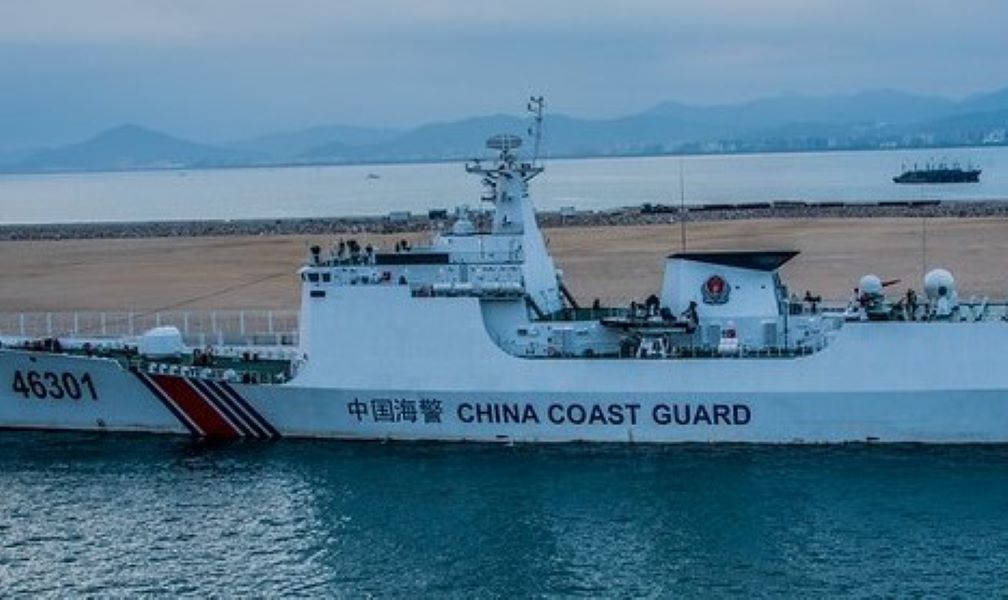Kareena Eugene
China passed a new legislation strengthening the power of its maritime safety authorities lighting the tensions that exist between Beijing and other Asian Countries, including Japan, may escalate in the Indo-Pacific region.
China has conflicting territorial claims with four of the ten members of the Association of South East Asian Nations, namely, Brunei, Malaysia, the Philippines and Vietnam, as well as Taiwan in the South China sea and Japan in the East China Sea.
On Thursday, 29th April 2021, China’s top legislative body, the Standing Committee of the National People’s Congress passed the latest revision of the legislation. The Japan Times reported that, it is scheduled to be put into force on the 1st September 2021, citing Xinhua.
The legislation enables China’s maritime safety agency, which belongs to the transportation ministry, to order foreign vessels to leave if it thinks that they could be a potential threat to security, as it is what Beijing calls territorial waters.
The Japan Times reported that if the vessels do not fall under innocent passage under International Law, then the agency can block overseas ships from intruding into the territorial waters.
Beijing claims that the Senkaku Islands which is administered by Tokyo, in the East China Sea is part of its territory. The amendment of the Maritime Traffic Safety Law could target Japanese vessels navigating around uninhabited islets, called Diaoyu in China.
China also passed a controversial law which allowed its coast guards to use weapons when foreign ships involving illegal activities if it does not obey orders, making Sino-Japanese relations fragile over maritime security.
The Japan Times reported that, recently, the Chinese President Xi Jinping had adopted a hardline posture in the South and East China seas as part of its goal of making the Communist led Country a “maritime power”.
Although, Washington and Japan have agreed that the Senkaku Island falls under the scope of a Japan-US Treaty, China has frequently sent vessels to waters around the Island in an attempt to lay claim to them.
In April 2021, at the summit in Washington the US President Joe Biden and the Japanese Prime Minister Yoshihide Suga affirmed the significance of peace and stability across the Taiwan Strait which irritated the Chinese Government.
A Diplomatic source familiar with bilateral relations said that, right after the Summit, the Chinese Foreign Ministry asked for a Senior Official of the Japanese Embassy in Beijing to lodge a protest against the agreement between Washington and Tokyo.
Meanwhile, Beijing has rapidly built artificial Islands with military infrastructure in the South China Sea, claiming sovereignty over almost the entire maritime area.
In a strategic waterway through which more than one-third of the global trade passes, the US warships carried out a “freedom of navigation” operations in the South China Sea in a bid to counter the Chinese claims and actions in the Sea.
The Japanese Times reported on the involvement in the South China Sea and the Taiwan Strait that, the Foreign Affairs experts say the move is a warning against the United States and other Western Democratic Countries.

